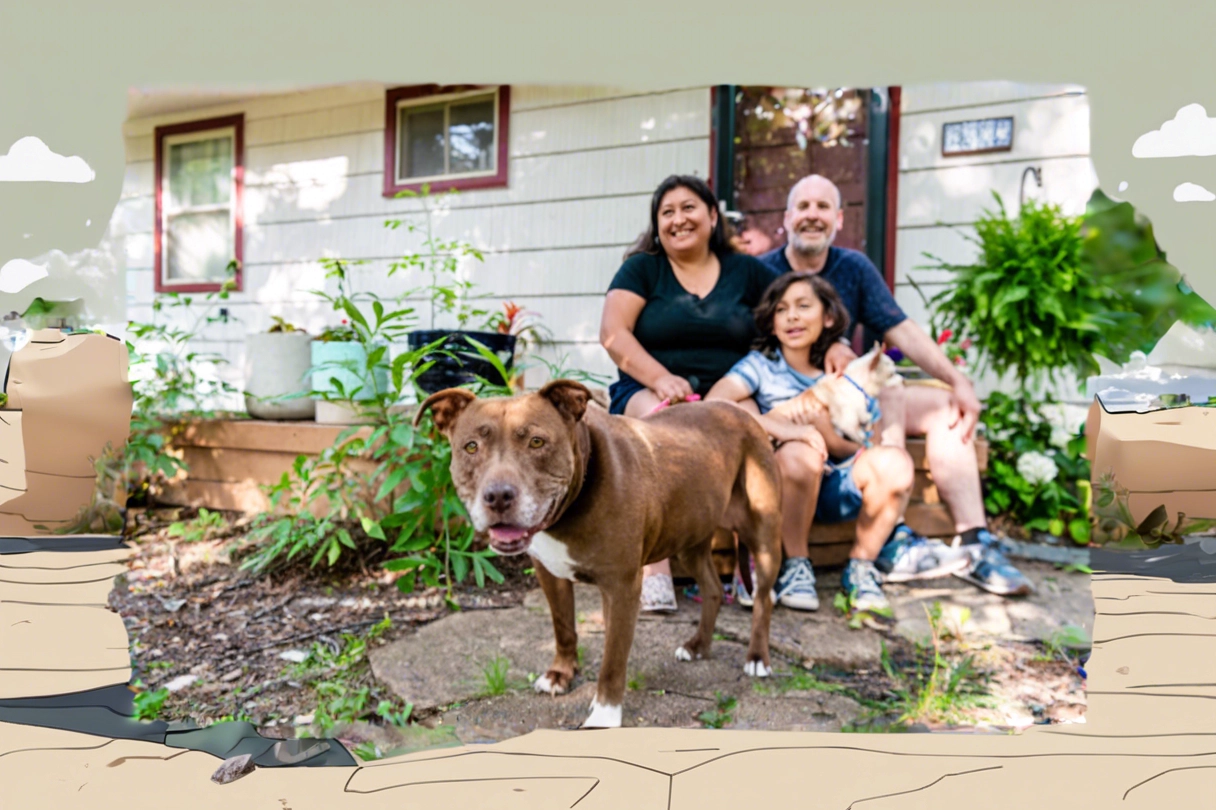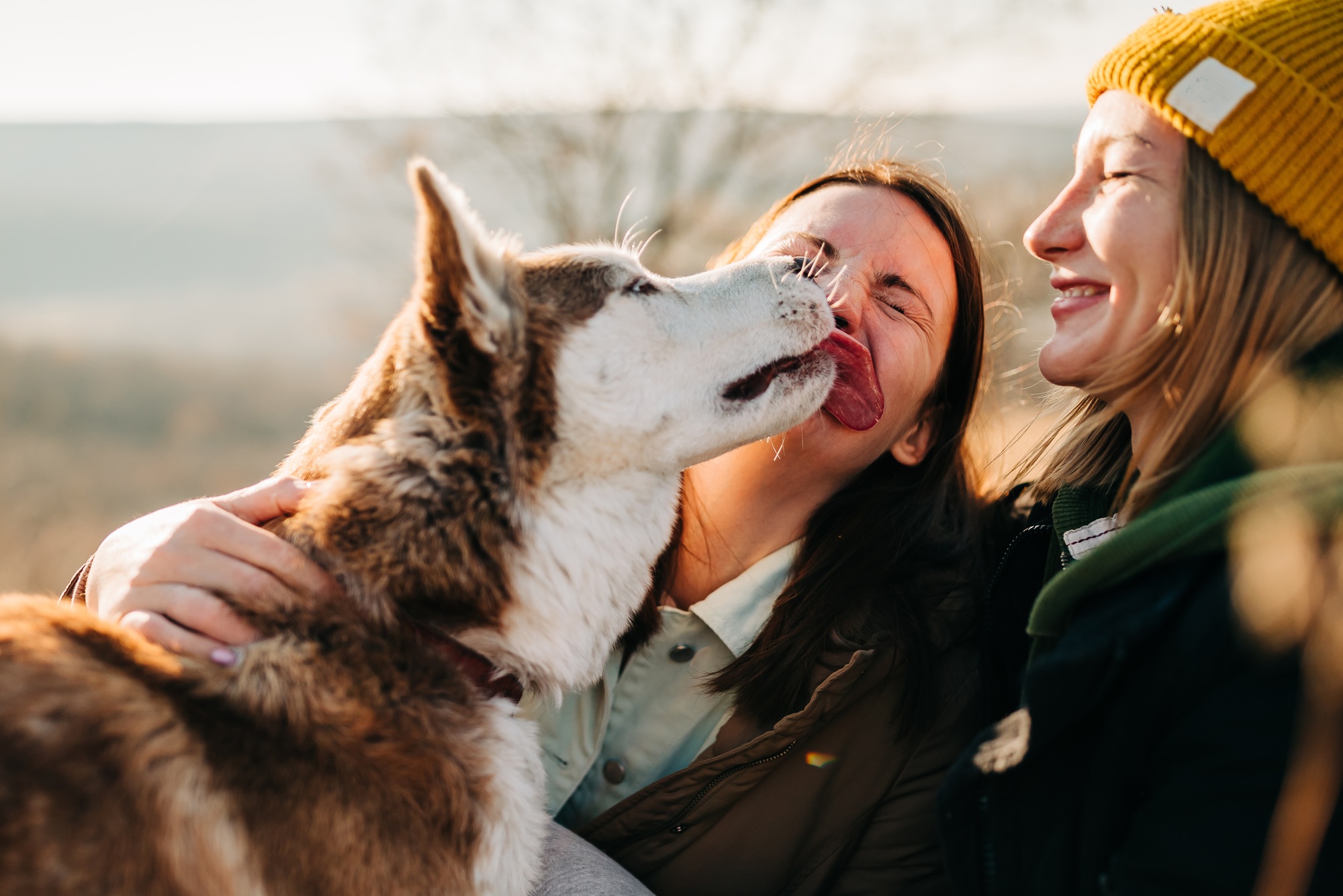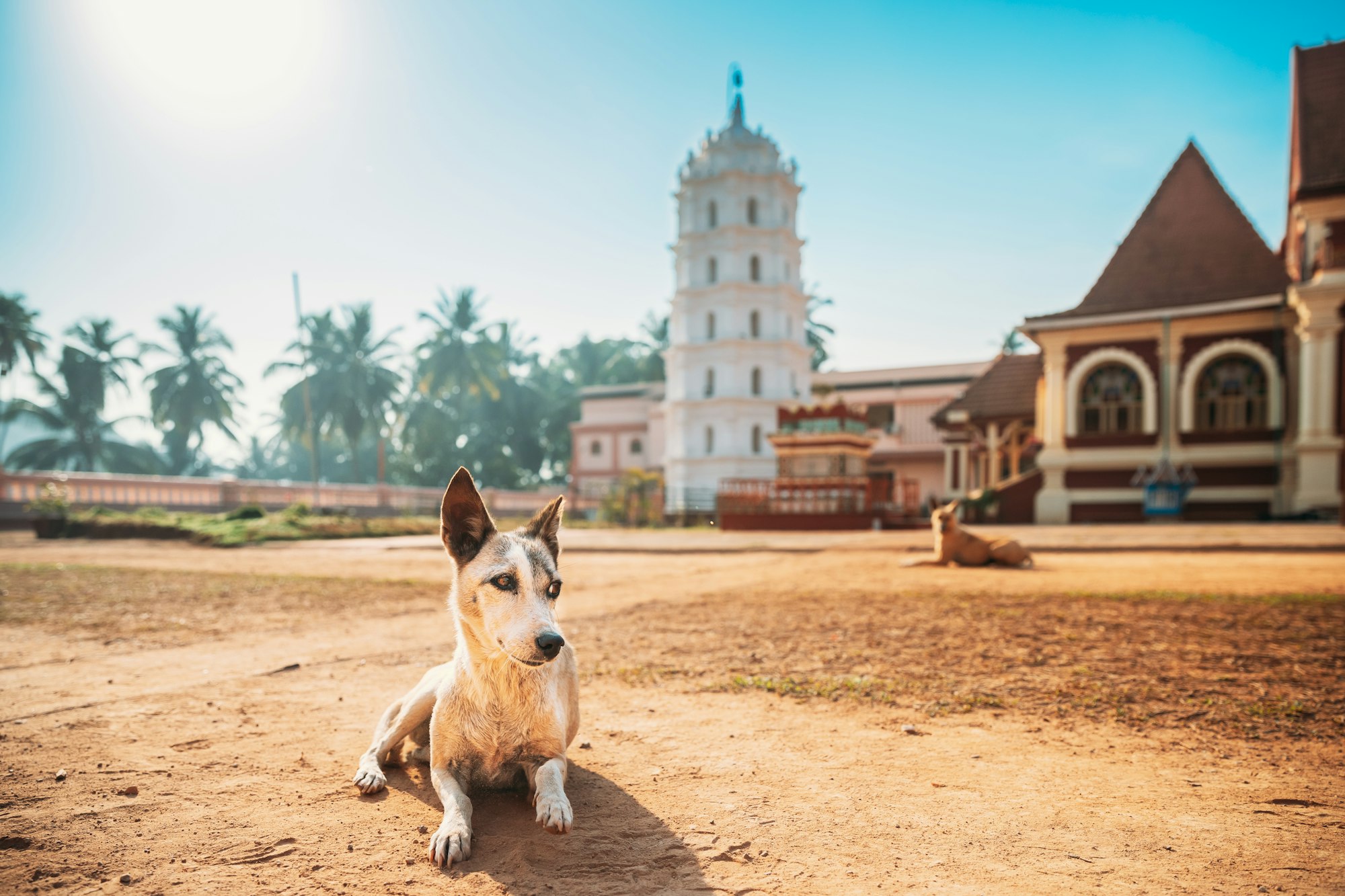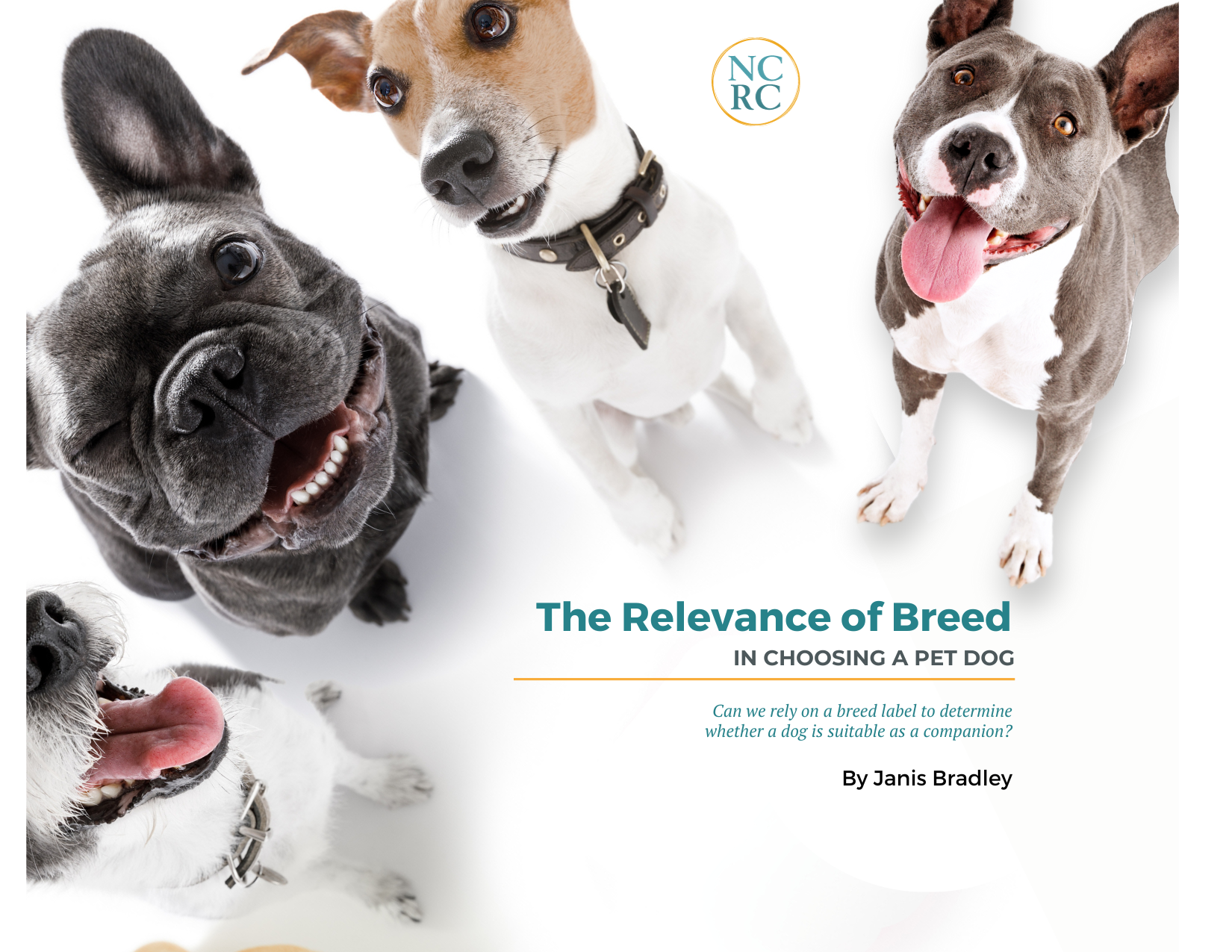“Oh behave,” we often say to our children and dogs alike, when they do stuff that irritates us. But no one, not kids and not puppies either are born knowing how to “behave.” Understanding what’s expected of them, and how to read the signals others give off, and generally how to behave appropriately in social situations, even to recognize the feelings of others all have to be learned. In the language of developmental psychology, all this learning is collected under the label of social competence, and researchers have been studying dogs’ remarkable ability to acquire this skill set for several decades now. Fortunately for all of us, dogs, like children, are pretty much learning machines. And one of the skill sets they’re primed to learn most readily is social competence. And not just from their own species. Dogs readily learn social competencies with another species, especially with us. They don’t even have to learn it before they grow up, as human children seem to need to. The window of opportunity for dogs doesn’t appear to close. But it does have to open.
If this sounds a bit abstract or confusing, maybe Roxie can help show you what we’re talking about. She merrily interacts with her people in many ways that she has learned are OK with them and/or that she has learned will get predictable responses from them, often in the form of treats—”yippee,” says Roxie, approvingly.
Roxie cuddles
with her people.
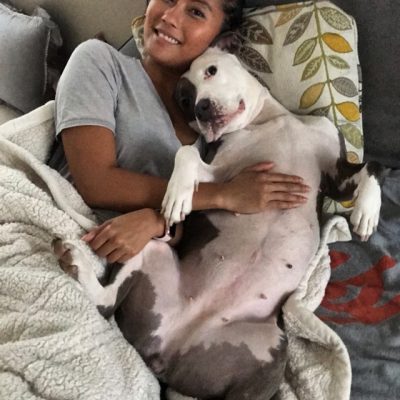
Roxie gets a fabulous bone off the counter when they encourage her to do this.
Roxie learned a fancy form of fetch where she goes and gets a toy and puts it in her toy box when asked.
Roxie even became brave enough to run through a series of boxes when her people set up this game, something many dogs would find daunting.
But Roxie didn’t know how any of this might be received when she first came to this home. Here you can see how she would default to taking cover and just trying not to offend early in their relationship.
Her past experiences, whatever they were, had not taught her what was safe and what was dangerous around people, much less what might be rewarded. Frequent opportunities for positive interactions with her new people taught her how to act with them, and a new, happy, confident dog emerged. Another family might choose different behaviors to encourage or ignore, but given a chance dogs have a remarkable ability to learn about this, even as adults. A psychologist would say of Roxie that she has developed very sophisticated inter species social competence under this nurturing attention. You and I would probably just say, “Now that’s a happy (and lucky) dog!”


